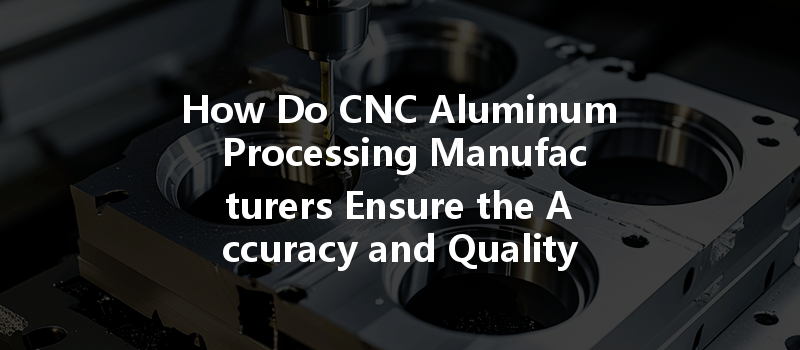Opening
Did you know that the precision engineering sector, particularly in CNC (Computer Numerical Control) machining, has been projected to grow globally at a compound annual growth rate (CAGR) of around 6.3% from 2020 to 2027? In the world of manufacturing, where precision can mean the difference between success and failure, ensuring the accuracy and quality of aluminum parts has never been more critical. But what exactly are the methods and technologies CNC aluminum processing manufacturers employ to guarantee this precision? This exploration unfolds as we delve into the principles underlying CNC machining, quality control measures, innovative technology applications, and best practices for achieving high levels of accuracy.
Content
Understanding CNC Aluminum Processing
CNC machining has revolutionized the manufacturing industry by allowing for the precise manufacturing of complex parts at high volumes. Specifically, when it comes to aluminum, the material is renowned for its lightweight properties, corrosion resistance, and excellent machinability—making it a preferred choice in a wide range of industrial applications, from aerospace components to automotive parts.
The assurance of accuracy begins long before the machine works the raw materials. To ensure high-quality outcomes, manufacturers must incorporate Design for Manufacturability (DFM) principles during the design phase. This involves:
The machinery itself plays a vital role in the accuracy and quality of aluminum machining. Key technological advancements include:
After production, several quality control practices are crucial in ensuring that the aluminum parts meet specified requirements:

While updated technology is essential, the human element remains crucial in CNC machining:
Once machining is completed, several methods can further guarantee the quality of aluminum parts:
Lastly, maintaining quality requires a commitment to continuous improvement:
In summary, ensuring the accuracy and quality of aluminum parts in CNC machining involves a multifaceted approach embracing advanced technology, skilled operations, detailed design specifications, rigorous quality control measures, and a commitment to continuous improvement.
As the demand for precision in manufacturing continues to rise, understanding the intricacies of CNC machining becomes increasingly important. This knowledge equips manufacturers with the right tools and strategies to meet and exceed industry standards. Investing in the right technologies and processes not only elevates product quality but also fosters long-term client relationships and market competitiveness.
Ultimately, as we witness the evolution of CNC machining technologies, companies must thoughtfully consider how they can harness these advancements to achieve a superior level of precision in aluminum processing. Doing so can differentiate them in a crowded market, allowing them to thrive amid mounting challenges and changing customer expectations.



